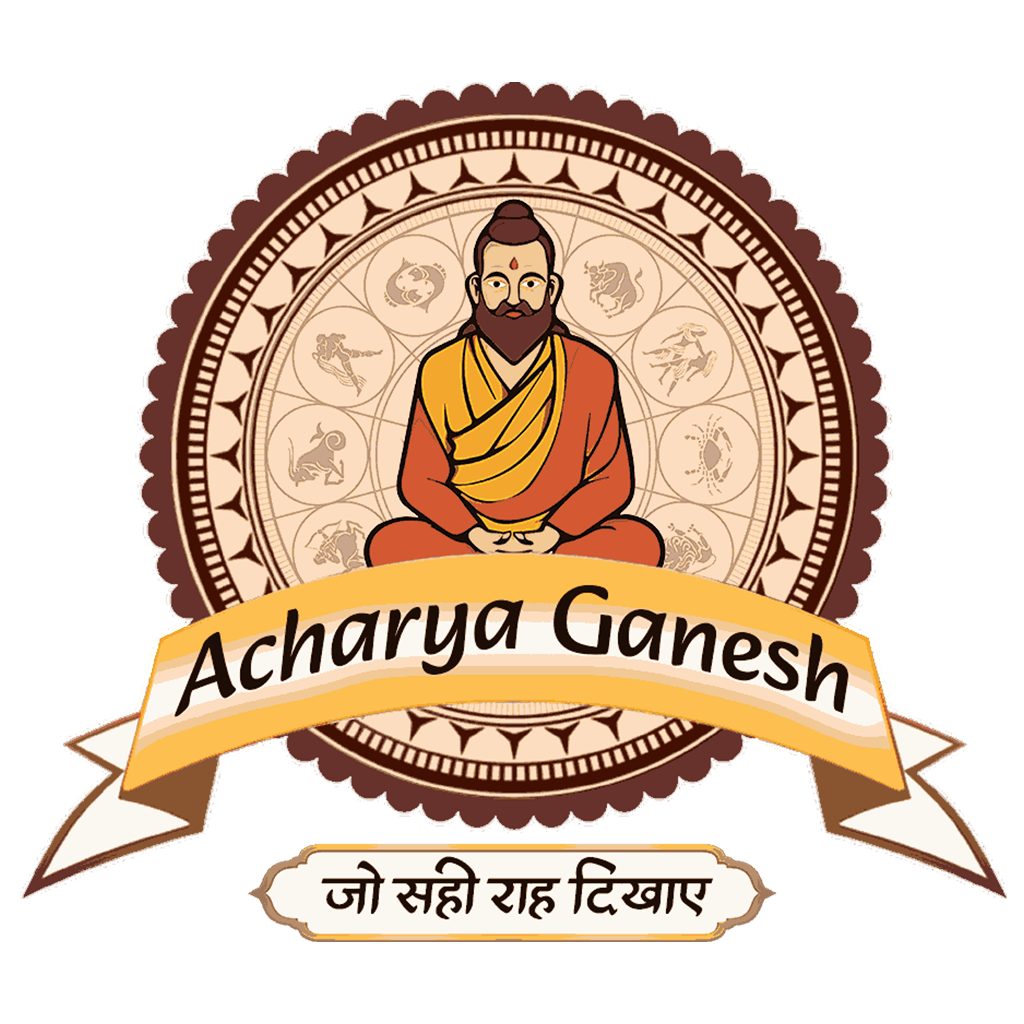Loading...

Welcome to Acharya Ganesh, your premier destination for all things astrology. We’re dedicated to spreading the profound wisdom of astrology through our comprehensive range of services and online Astrology courses.
© All Rights Reserved Acharya Ganesh